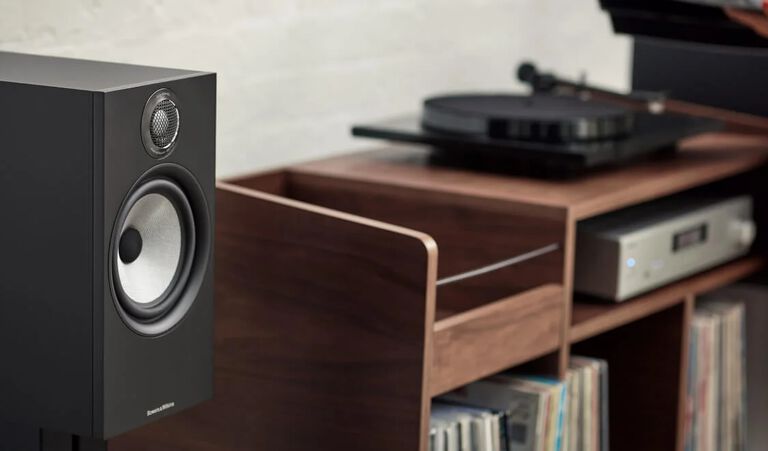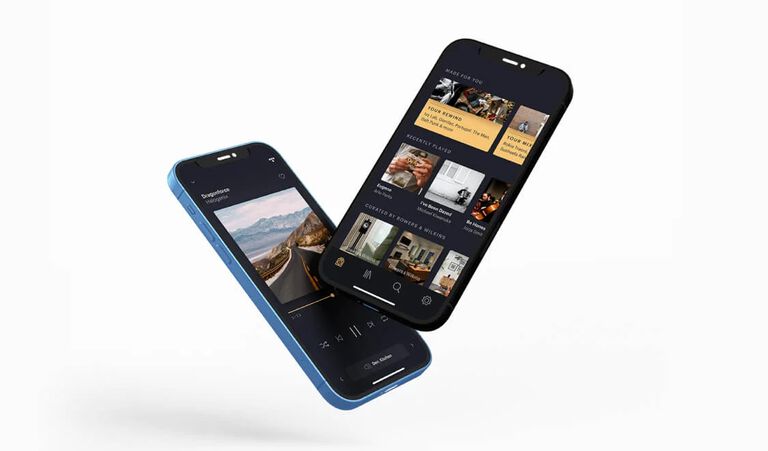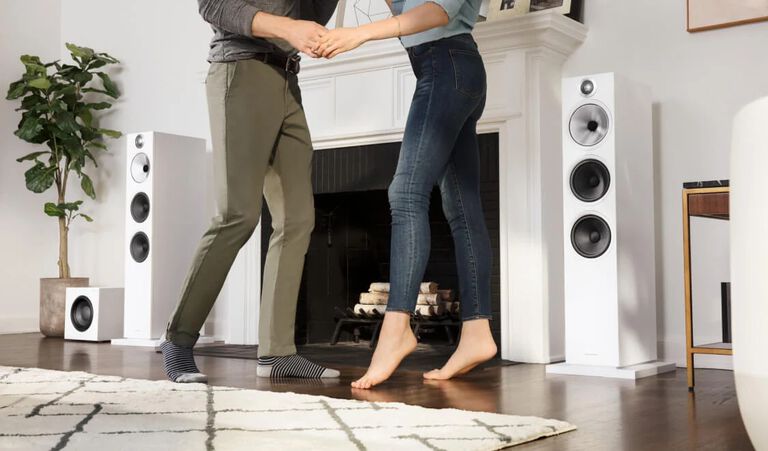Buying advice
Choosing and buying your first hi-fi or home theatre can be daunting, but it needn’t be. Here’s how to find the best audio dealer in your area and then, just as importantly, how to work with that dealer to get not only the system you want, but a buying experience you’ll love.
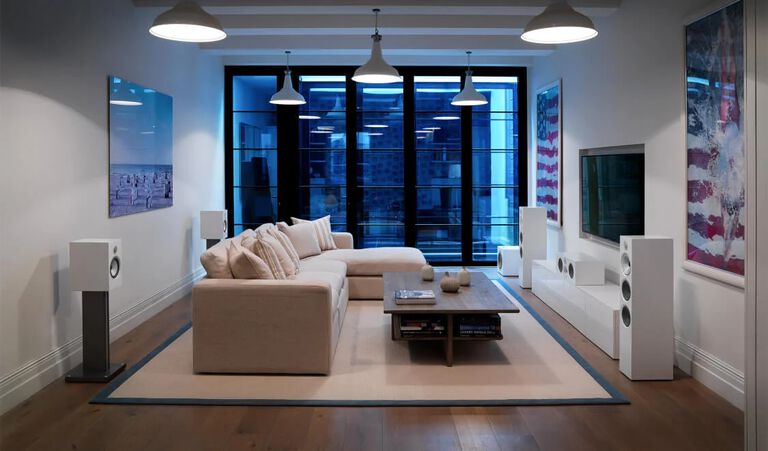
Buying advice – Finding a good dealer
A great hi-fi or home theatre system is tailor-made: the most satisfying sound and vision experiences derive from components properly matched and thoughtfully installed to best meet your requirements. That’s your requirements, not those of your audiophile friend or a hi-fi reviewer you’ve never even met.
The best audio dealers will deliver precisely that experience: they’ll listen to your needs, taking on board your preferences (from how the system sounds to how it looks), and then explain the options available to fulfil your criteria. Then they’ll offer a demonstration, after which – if everything’s gone according to plan – you should feel confident enough to make a purchase.
But that’s the best dealers. It would be great if everyone in our business viewed customer care – and the apparently simple process of giving meeting the buyer’s needs – with the same importance that we do, but sadly, it’s often not the case. Some are more retailers than dealers, and simply want to sell you stock they can’t shift, products they’ve been persuaded to promote by manufacturer incentives, or – most commonly – those well reviewed in the specialist press. They’re not interested in what you want or need: that’s secondary to their need to sell, and shift with minimal effort the boxes they have in stock.
So, our advice on seeking out a good dealer is straightforward: while it’s useful to seek out stores that have accreditation with recognised trade bodies, such as the Clarity Alliance (www.clarityalliance.co.uk), the most useful way to judge a dealer’s performance is to visit in person. If you don’t feel you’re being treated as you ought to be – as any decent paying customer should be, in fact – then our advice is simple: spend your money somewhere else.
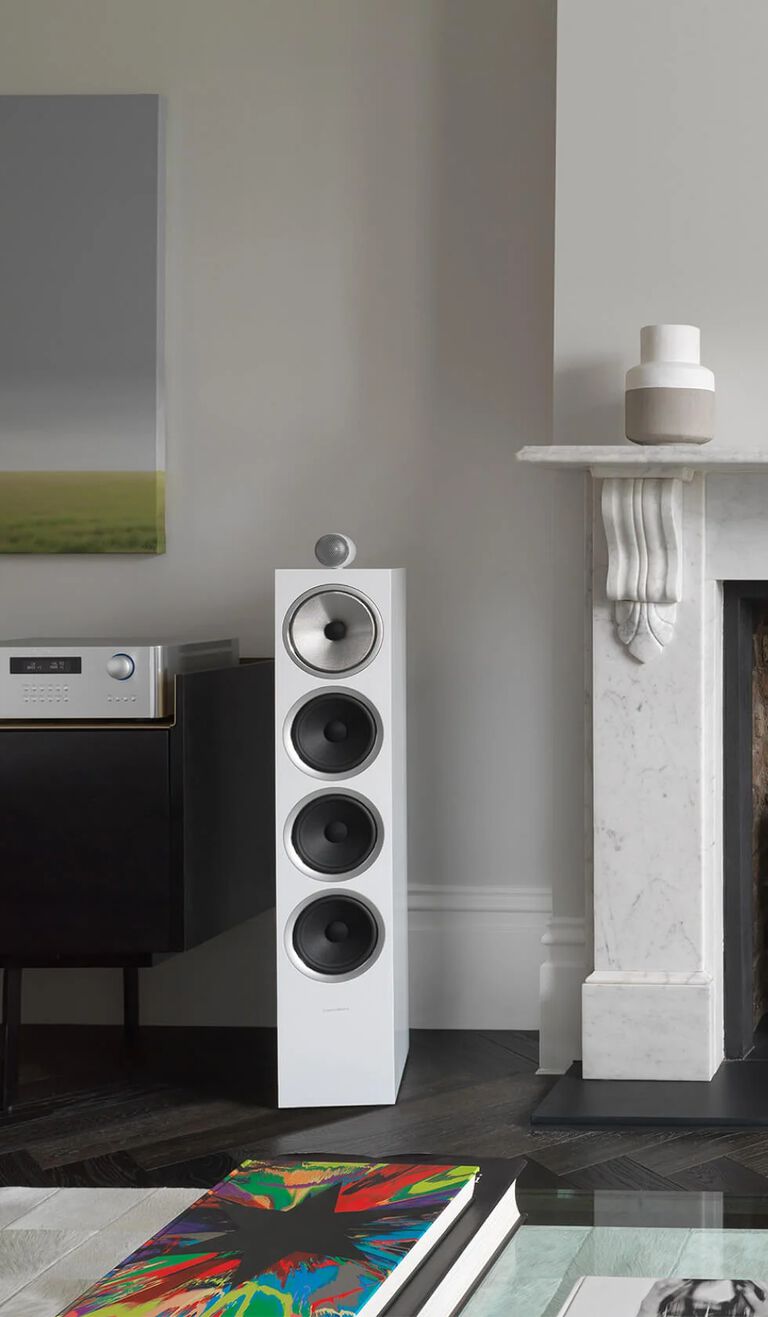
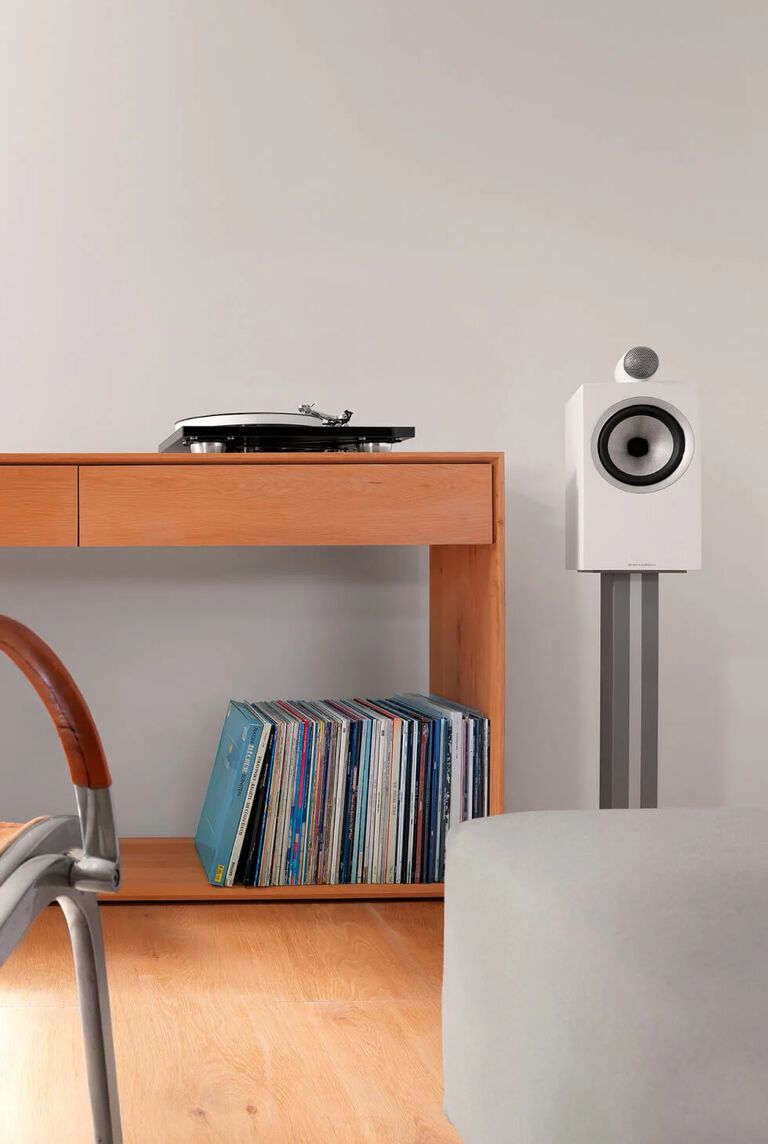
After all, if you were to spend £20 on a haircut, you’d expect personal service, the proper amount of attention at all times, and possibly even a decent cup of coffee – so why should it be any different if you’re about to spend £2000, or £5000, or even £20,000? Fortunately there are plenty of highly experienced, and capable dealers who’ll be only too happy to take proper care of you – so much so that once you’ve found a good dealer, you’re very likely to go back to them again and again. They really do make all the difference.
Word of mouth and personal recommendation can be a tremendous help here, too. Trust, based on previous experience of good service and quality after-sales support, is hard to win and easy to lose in the hi-fi and home theatre business.
Do you talk ‘dealer’? You don’t have to…
The best dealers instinctively understand the level of technical knowledge of their clients, and modify their approach to suit, but it never hurts to do some homework before you plan your first visit to the shops. That said, if you don’t understand a technical point raised in the initial discussions, say so: as we’ve said, the best dealers know exactly where to ‘pitch’ their presentation to best suit their clients, and avoid the jargon.
Forming some idea of what you’re getting into, and why, doesn’t involve intensive study: it’s just that narrowing down your needs to a few core criteria will bring a more effective working relationship with your dealer before you even think about booking a demonstration.
For example, if what you want is a system for both hi-fi and home theatre, say so early on: it’ll help your dealer to specify components that get closer to your needs. Similarly, a schematic of your room – however rough – will give your dealer a better idea of what will and won’t suit your room from an acoustic perspective.
Finally – perhaps most importantly – think about how you want your system to look. If you have no preference over speaker size or style, a specialist dealer will almost invariably recommend larger, more conventional loudspeakers to you: these will deliver more sound for your money. However, if that’s not what you (or your partner, or your family, or all of you) had in mind, and you’d rather have something discreet, or more ‘designer’, it’s better to say so straight away.
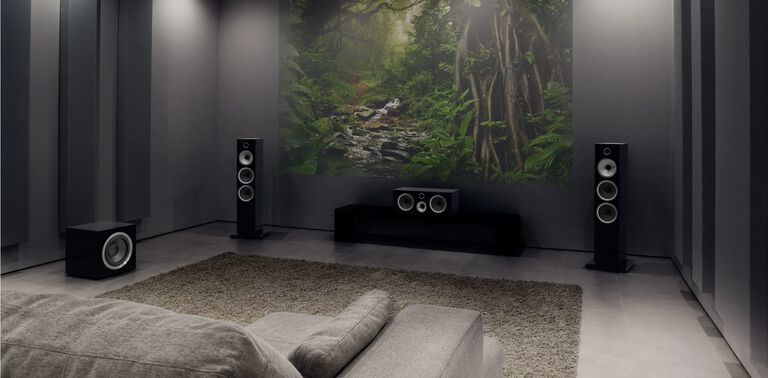
The best deal isn’t always the apparent bargain
It can be tempting to play one dealer off against another, or use the apparently dramatic deals available online as a bargaining tool. We’d avoid that approach. Chasing the lowest price is entirely understandable – after all, everyone likes a good deal, and there’s always room for some negotiation in the modern marketplace. But the cheapest price isn’t always the best deal: remember, you aren’t buying a washing machine, and there’s a science, possibly even an art, to combining hi-fi and/or home theatre components to deliver optimum results. The best dealers have years of experience, and long-honed skills, in these ‘dark arts’, and most will have invested in technical training courses to keep their staff abreast of the latest developments.
This core competence ensures satisfactory service: you’re more likely to buy a system that meets your needs, and certainly more likely to be able to hear (and, where applicable, see) it before you buy. You’ll also benefit from after-sales support.
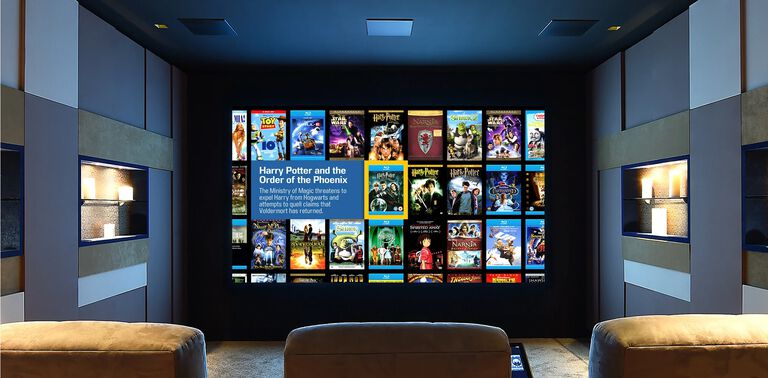
But is that support so important? Simply, it depends on your particular levels of technical expertise. An enthusiast might relish the task of installing and correctly configuring a home theatre system, but it’s a daunting prospect for the more inexperienced. Similarly, an enthusiast might regard a comparatively simple technical fault – such as a surround receiver ‘forgetting’ its programmed set-up memories, for example after a power cut – as a straightforward problem that can be easily overcome. But would you feel the same way?
If the answer is either ‘no’ or ‘not sure’, then you need to think about fostering a good relationship with a local sound and vision dealer. While the very best online suppliers do provide some levels of after-sales care, there’s simply no substitute for a local specialist, able to respond in reasonably short order, and who is entirely familiar with the inner workings of your particular system, and is equally able to handle a complex problem or even just a ‘Can I…?’ or ‘How do I…?’ enquiry.
In summary, then, going to an established, ‘full service’ retailer may not always get you the absolutely cheapest price, but in the longer term, you’ll reap the benefits. You know that old saying about there being no such thing as a free lunch…?
How to get the most from a demonstration
If, after making first contact with your dealer, you feel things are moving along well enough to be able to consider booking a demonstration, we’ve a few simple guidelines to getting the most from the process. Now we know some people are daunted at the idea of demonstrations, and feel they don’t know what they are supposed to do or how they should behave, and will be judged by the dealer staff for their tastes in sound or music, but forget all that – the dealer is there to impress you, not you them.
So, the demonstration process itself – think of it as that test-drive, on a bright sunny day, of that new car you’re craving, not with the foreboding of a visit to the dentist. Try to book an appointment at a time when the dealer will be less busy, and take your time: don’t be distracted by mobile phone calls, don’t get drawn into small talk, and above all, don’t feel rushed. The product you’re intent on buying – great hi-fi or great home theatre, or both – is meant to last years, so it’s worth making sure you’re happy with whatever it is you’re planning to buy.
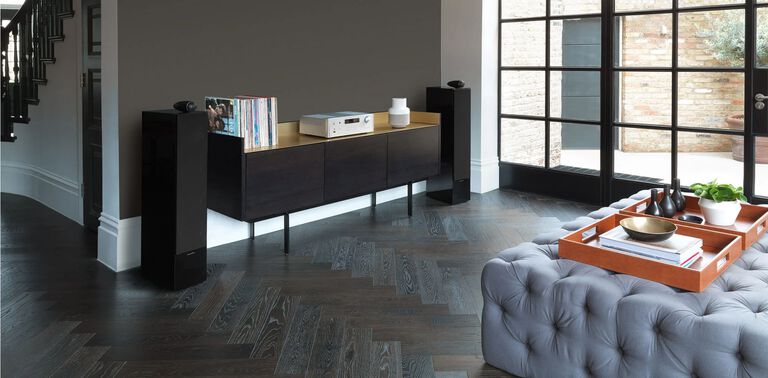
A good dealer should demonstrate an ‘entry-level’ system to you, then talk you through some suggested audio/video upgrades, showing you their benefits. This can be tremendously useful, but sometimes you’ll struggle to hear or see the benefit of a particular piece of kit. If that’s the case, don’t worry – you’ve reached the point where you don’t need to spend any more.
There’s nothing wrong with you, or your ears or eyes: music and movies are an intensely personal, emotive experience. If the upgrade you’re being offered does nothing for you, then our advice is simple: don’t buy it!
The absolute golden rule for all demonstrations? Use your own music, or – where appropriate – films. Dealers have demonstration content they know will show off their stock in the best possible light, but while this may deliver the ‘wow’ factor, it may not be suitable to demonstrate the qualities you’re looking for in a system.
In the long term, you’ll have to enjoy whatever you buy, not your dealer – so insist on being able to play your recordings. Yes, whether that means Latvian folk music, cinema organ, or obscure arthouse movies with not a rumbling spaceship or car-chase in sight. If the dealer screws up his or her face in disapproval at your taste in music, it might just be time to listen elsewhere…
Unless you’re planning on installing the system in a man-cave protected by multiple locks, a palm-print reader and possibly even a drawbridge, you should also take the needs and tastes of the family into account – their musical and movie preferences might differ sharply from yours. Actually, make that will differ sharply…
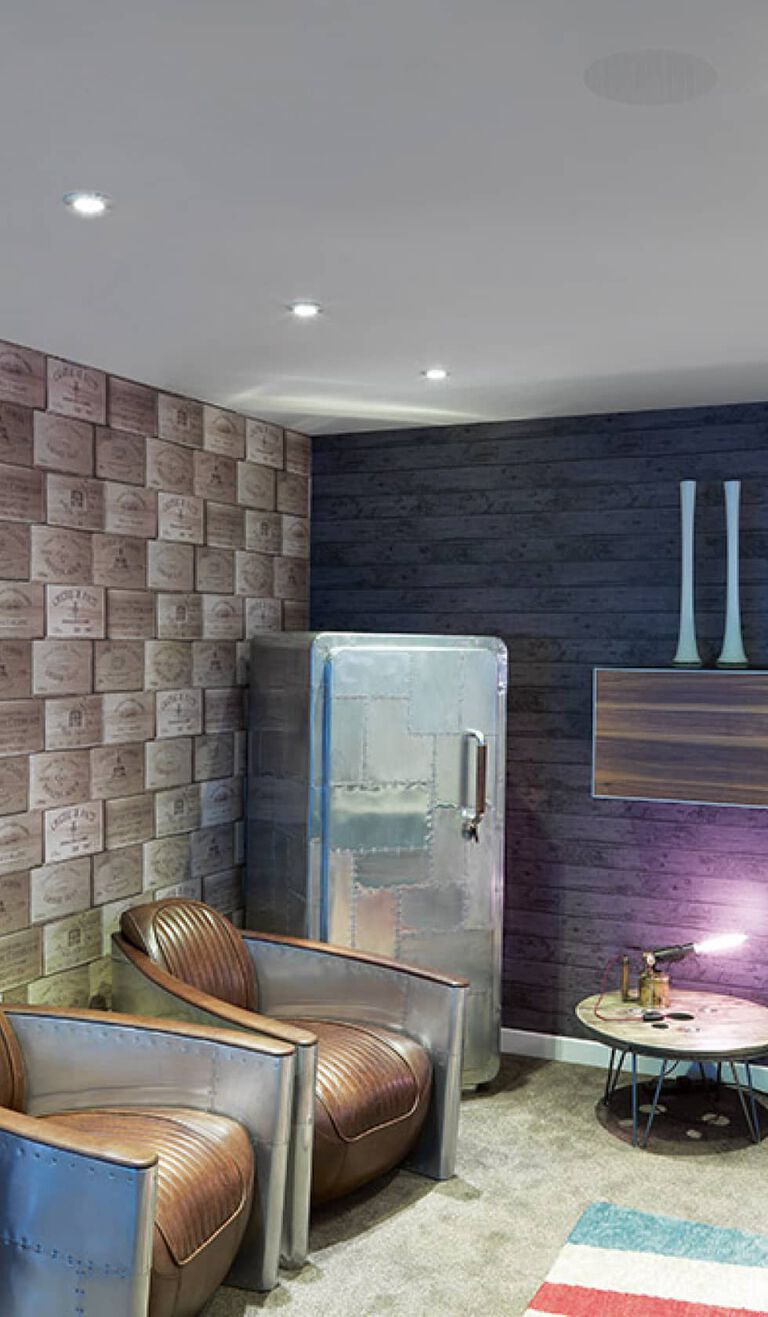
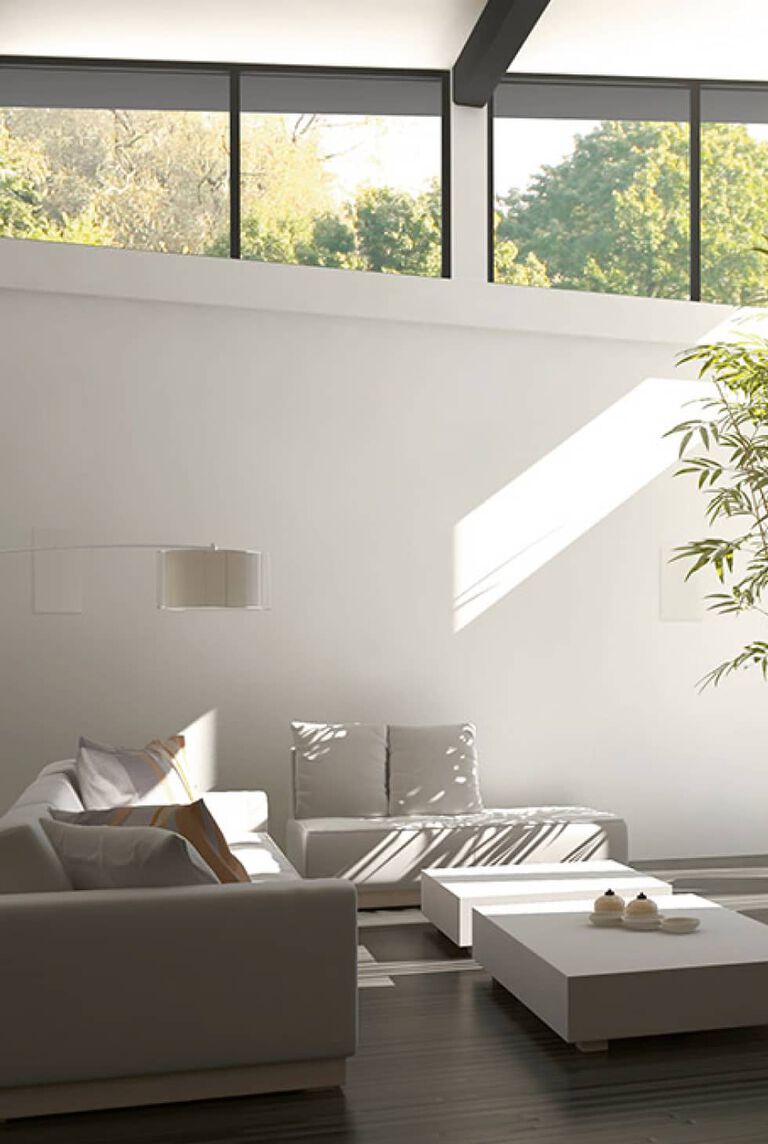
After all, if your dealer believes all you like is jazz, he’ll build an intimate, warm-sounding system that sounds lovely doing precisely that – ni-i-ice… – but it won’t necessarily have quite the same appeal to your gangsta-rap-loving 16 year old, who wants to share in the angst and turmoil of living in South Central LA even though he’s actually from Surrey.
In fact, don’t be afraid of bringing in the family, perhaps for a second demonstration when you have some idea of the basic set-up. If you or your family intend listening to several different sources through your system – such as a streamer and a turntable – then you should also attempt to listen to the same sources during your demo. If you happen to already own a specific model of turntable (perhaps a relic from an older hi-fi system) and want to hear it, consider bringing it with you, or asking your dealer if he can locate a similar sample for the purposes of your demo.
You should also insist on control of the volume: if it’s too loud (as home theatre demonstrations frequently are), don’t be afraid to turn it down to a comfortable level. Or indeed crank it up more if you have the rap-loving 16-year-old with you!
You should also attempt to take account of the acoustics – the size and, if possible, the sonic characteristics – of your dealer’s demo room before signing on the dotted line. As we’ve mentioned elsewhere, the specific acoustic properties of your home can have a significant impact on how your home theatre, and, especially, your hi-fi will sound once it’s been delivered.
If your home is spare and minimalist, or chock-full of cushions and rugs, you should tell your dealer: the demonstration room is likely to sound far more ‘neutral’ than either circumstance, but it may be possible to tailor his demo system to compensate for your home’s acoustics, or even arrange a home demonstration. If the latter is possible, it can be very worthwhile.
Above all: take your time and try to have fun! This is supposed to be an investment you’ll enjoy. The buying experience should be just as enjoyable.
